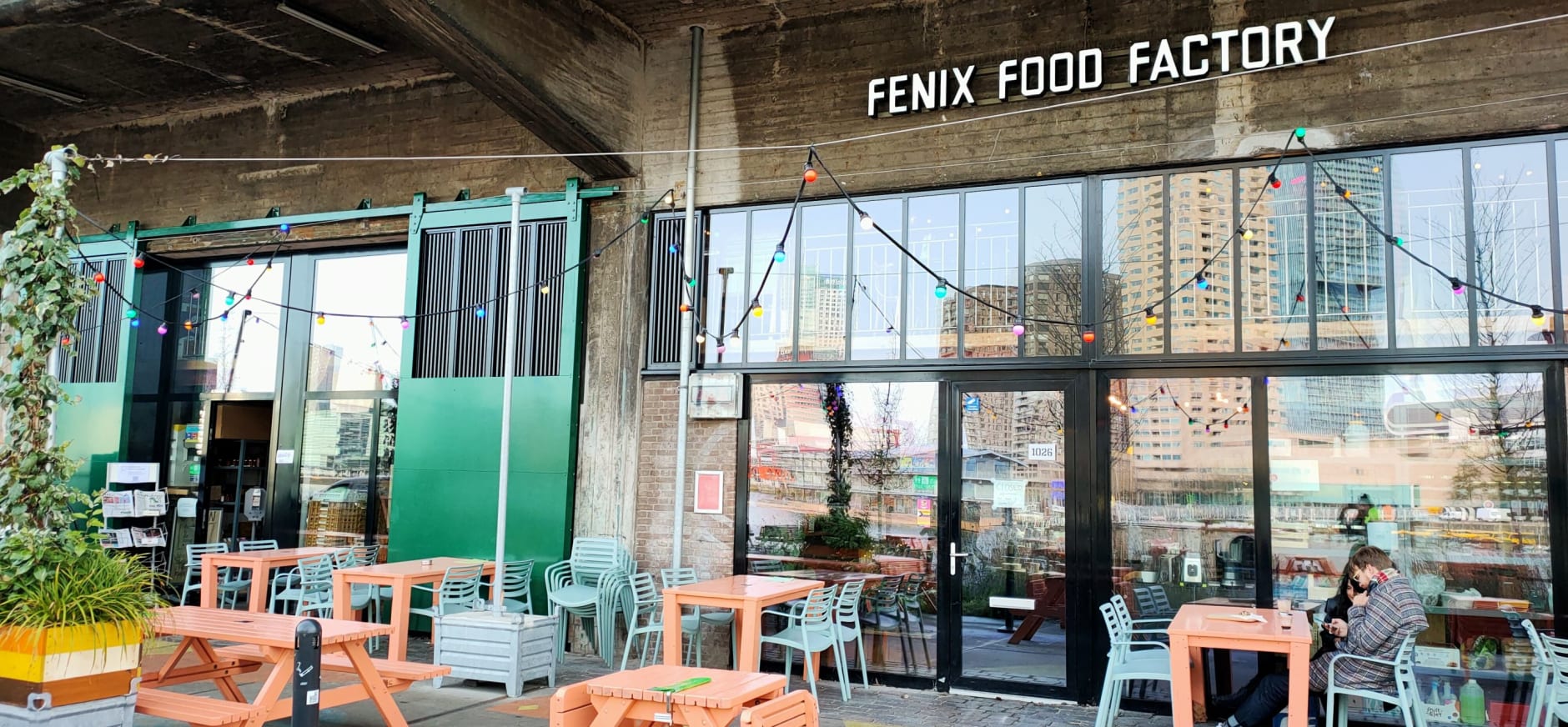The Netherlands is the premier place for a college student to study sustainability efforts. This country is lengths ahead of others at recognizing a possible issue and coming up with creative ways to innovate out of trouble. What I didn't know before coming out here though was that sustainability is at the heart of all citizens too. The Dutch act as a collective, operating under similar values and interests and working together towards achieving solutions. In my two short weeks here so far, I have seen many examples of the Dutch working together to overcome climate, cultural, and economic hardships. There are two projects, in particular, I want to focus on for this assignment, both of which focus on creating a cleaner environment with less litter and human-produced waste in it.
Trashurehunt is located on Scheveningen Beach in Den Haag. As someone who grew up on the beach, I have seen just how much human-produced trash finds its way into the water. I was delighted to see that the Dutch recognize this issue as well, knowing that their country is completely penetrable by waterways, and care enough about it to do something. This trash hunt incentivizes beachgoers to pick up trash when they see it. They can then bring the waste to a central location, by the pier, where the Trashurehunt Adventure Game Table is located. Here, the trash is organized into categories, and participants are awarded 'hero points' for their correct disposal. While I'm mostly confident that there is no physical prize for picking trash up off the beach, this interactive table is incentive enough.
Different materials are awarded different numbers of hero points, for example, bottle caps are 5 points, facemasks are 10, and glass bottles or shards are 20. Putting the materials into clear bins or containers in a central location helps show people that their small efforts are part of a larger program. They are more inclined to participate because they can see the bigger picture, that they are helping keep their environment clean. This continues with levels being awarded by how many hero points someone has received. It even goes on into a ranking, where the lowest rank is a matroos, or sailor, and the highest being kapitein, or a captain.
Another project focuses on one specific kind of waste: plastic cups. I learned about this initiative at Rotterdam Pride. Upon entrance to the event, volunteers handed each person a wooden token. This, in and of itself, is made entirely out of previously recycled materials. This token is the key to keeping cups from being littered. When buying a drink at the bar, your token is exchanged for your cup. This then becomes your one cup for the event or evening. When empty or in need of another drink, you simply bring your empty cup to the bar, and your drink will be made and served to you in that same cup again. If you throw away or lose your cup, the bar will charge you extra for your next drink as you now have to cover the cost of a new cup as well. This initiative limits plastic waste by limiting all event-goers to one cup, with a penalty, a one-euro charge, for requiring a new cup.
At events I've been to previously in the United States, it is typical to throw away your cup when it is empty and the bar will serve you with a new one. This creates a lot of waste though. For example, if Rotterdam Pride had a total of 1,000 people at it, the goal is to only use 1,000 cups. If they didn't push for reusing the cups and everyone got 3 drinks, you are looking at upwards of 3,000 cups being thrown away at the end of the night. Charging eventgoers for a new cup every time they do not return their previous one incentivizes them to participate in this project as I'm sure they don't want to be spending extra money if they don't have to. They also state that if at any point you don't want to hold onto your empty cup, you can bring it up to the bar in exchange for another wooden token, allowing them to turn that in for their next drink, cup free of charge. While this limits how effective limiting the number of cups being used, it prevents the plastic from being littered on the ground and winds up in one of the Netherlands' many waterways. I didn't see many people choose to do this though, and saw more people dancing with their empty cups in hand. Originally, I thought this initiative was Pride-specific, but after talking to my other classmates who have attended other large-scale events during our time here, this seems to take place at event venues nationwide.
Overall, I am pleased to see how willing Dutch citizens are to participate in programs designed to help keep their country clean. This is credited to their values towards acting in unison, as a collective, to best achieve their shared goals. These small projects speak volumes about the agreed way of life here in the Netherlands. It is a stark difference between how the Dutch and how Americans view sustainability efforts.






No comments:
Post a Comment